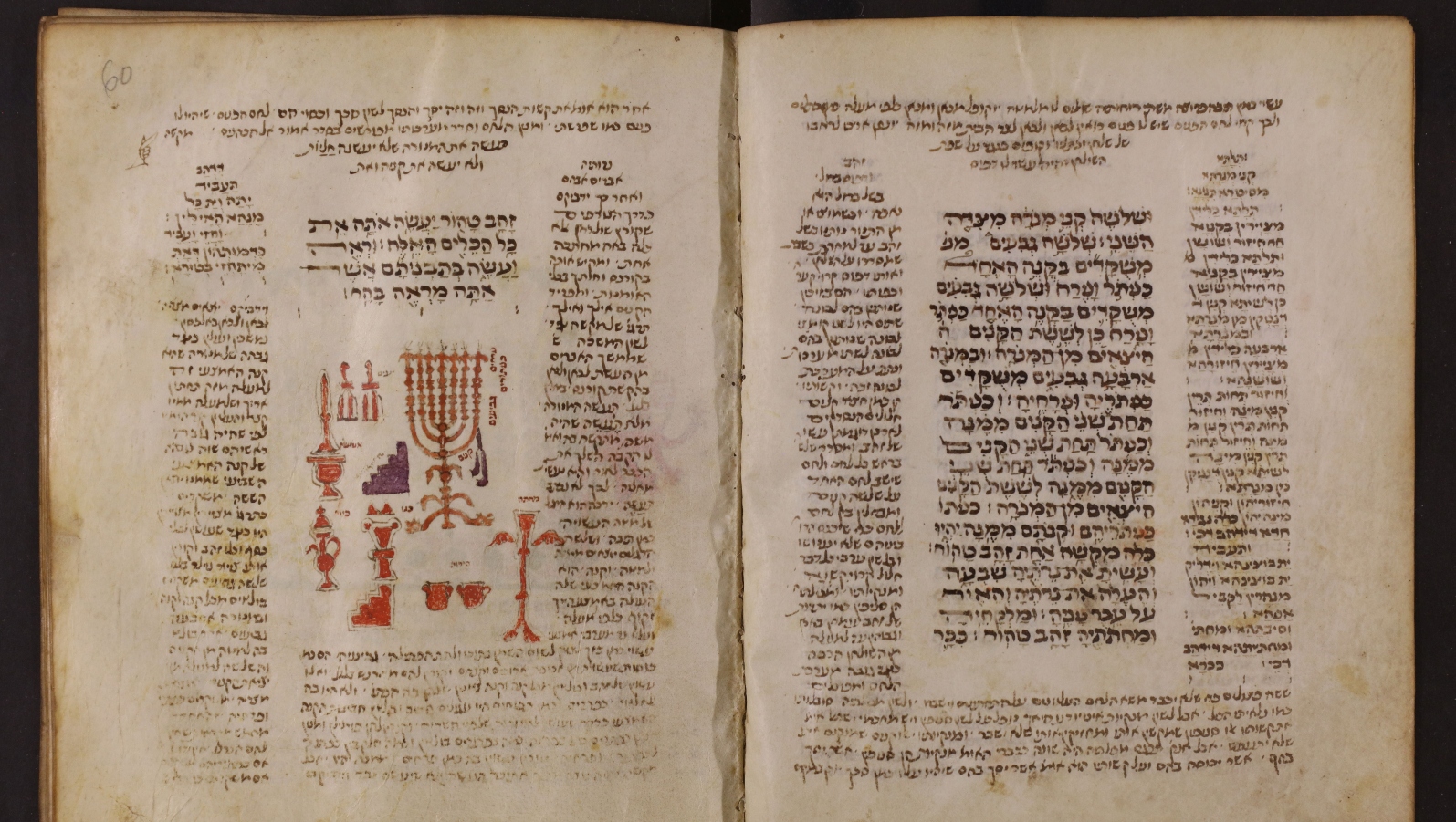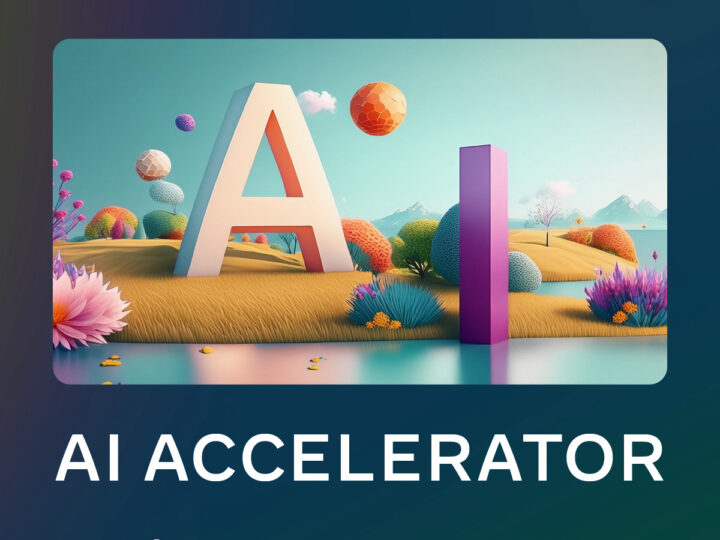Tens of thousands of handwritten medieval manuscripts in the National Library of Israel’s KTIV International Collection of Digitized Hebrew Manuscripts will be analyzed by AI-driven technologies thanks to an unprecedented 10 million euro grant from the EU European Research Council.
In the world of historical document research, optical character recognition is commonplace, but deciphering and transcribing handwriting has remained impossible, especially for less common alphabets like Hebrew.
The grant will enable a consortium — Paris Sciences-Lettres University, Tel Aviv University and Bar-Ilan University, with the participation of Haifa University and the National Library of Israel – to embark on a six-year project to develop computational methods to analyze the 95,000 full and fragmented manuscripts hosted by KTIV.
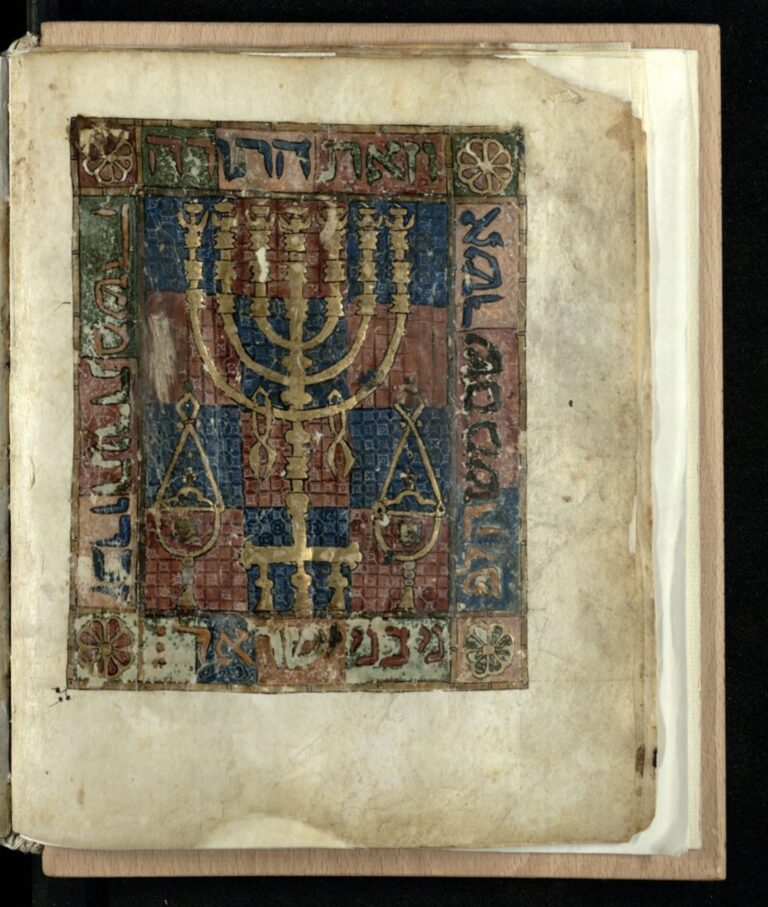
Prof. Emeritus Nachum Dershowitz from the School of Computer Science at Tel Aviv University, said, “This bold and daring project will allow anyone from any background to wander through this trove of millions of manuscript pages that, as part of the culture and heritage of the Jewish people, were handwritten and copied – even tracing the notes added in the margins of these writings – and handed down from generation to generation.”
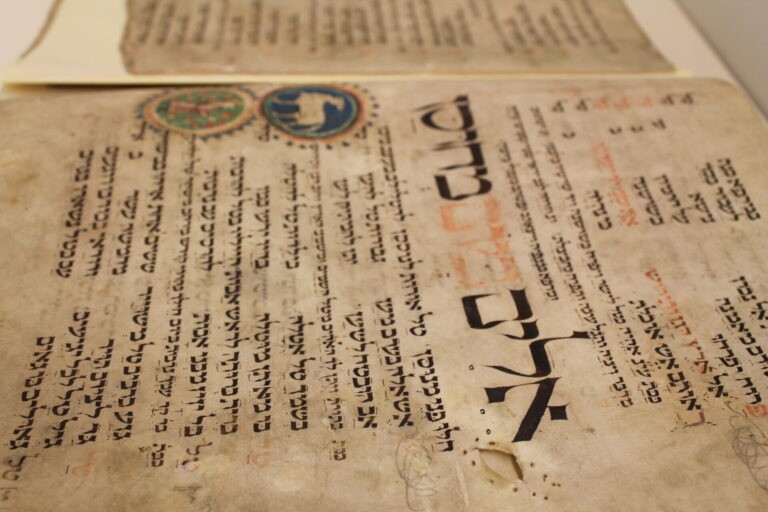
The project, dubbed “MIDRASH” (Migrations of Textual and Scribal Traditions via Large-Scale Computational Analysis of Medieval Manuscripts in Hebrew Script), is the first ERC Synergy grant in Jewish studies and the first for computational manuscript studies.
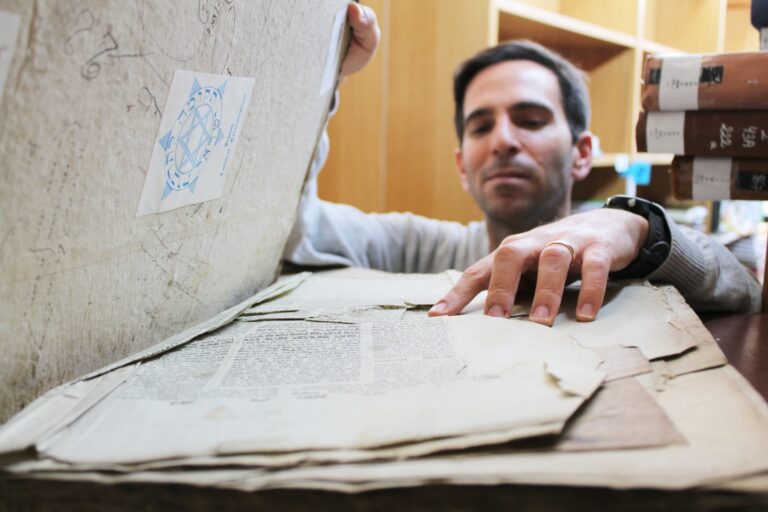
“This is an unprecedented technological achievement whose results will open new horizons for research in Jewish studies,” said Oren Weinberg, CEO of the National Library of Israel.
Fighting for Israel's truth
We cover what makes life in Israel so special — it's people. A non-profit organization, ISRAEL21c's team of journalists are committed to telling stories that humanize Israelis and show their positive impact on our world. You can bring these stories to life by making a donation of $6/month.





